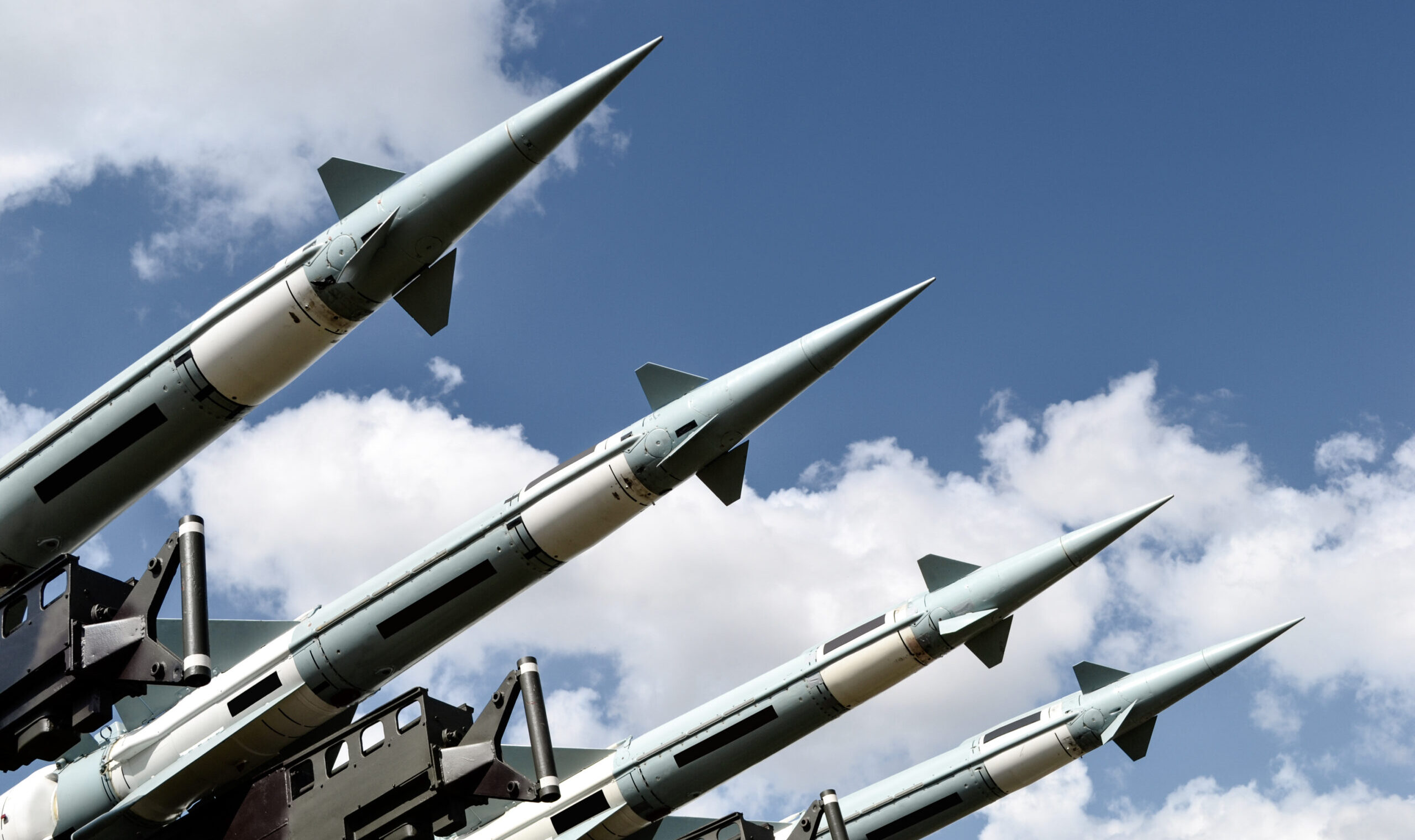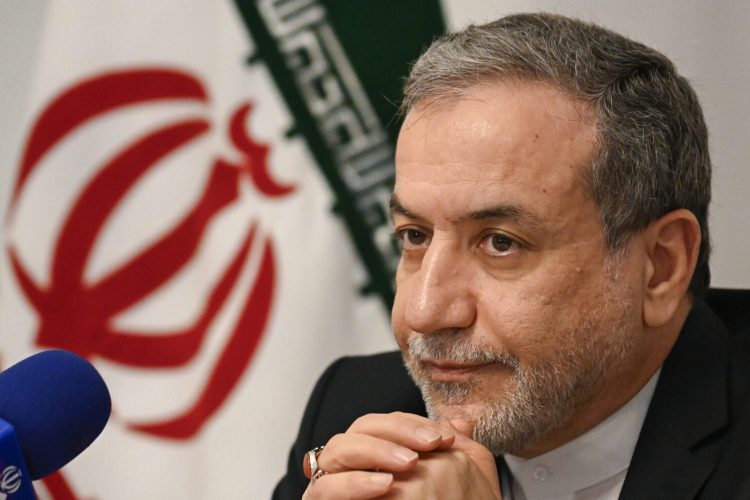
With the Israeli attack on Iran still unfolding as of the time of this writing, there are many questions. Was the United States planning for this all along, treating the negotiations as a distraction to unleash its latest regime change war on the Middle East? Or was the U.S. caught off guard by Israel attempting to sabotage negotiations and force it to accommodate Israel to save face in light of events? For most of the world, however, such debates have only marginal significance. What they can clearly see is that, had Iran actually possessed a viable nuclear deterrent, it would not be facing a full-scale decapitation strike by Israel. What really matters now for the majority of countries around the world is to reckon with a clear trend of the post–Cold War world: Smaller countries targeted by great powers need nuclear deterrence to survive.
Israel is the only country in the Middle East that has a nuclear arsenal. This, along with the great-power protection provided by the United States, serves as its ultimate shield to behave as a revisionist actor and regional force of destabilization in that part of the world. The fact that its neighbors lack a nuclear deterrent means they cannot effectively deter either Israel nor the United States at the conventional level. This dynamic has been made more than clear by recent history in other parts of the world as well.
The ambiguous paucity, if not outright nonexistence, of Saddam Hussein’s Iraq weapons of mass destruction ironically made it an easy target for the United States to move against a country it did not like in 2003. The American invasion of that country was operating familiarly under the pretext of preventing an imminent danger from the existence of such weapons. As then–National Security Advisor Condoleezza Rice stated, “We don’t want the smoking gun to be a mushroom cloud.” Libya, sensing an opportunity to reintegrate with global diplomacy after a period of ostracism by handing the increasingly beleaguered Bush a win, soon after declared that it was dismantling its weapons of mass destruction programs. Gaddafi was then touted as having seen the light of working with the United States, only to be attacked and deposed by NATO a few years later during the Arab Spring. Libya has become a fractured and failed state with human trafficking networks and even slave markets in the years since.
Subscribe Today
Get daily emails in your inbox
Ukraine offers another example, showing that the dynamic is not only restricted to enemies of the United States. Once a host to a large number of Soviet intercontinental ballistic missiles, Ukraine agreed to hand those weapons over to Russia after the breakup of the USSR. While it is true that the centralized fire control of these missile silos was controlled by Moscow, part of the deal of handing back the weapons was in fact that Ukraine would forgo being a nuclear power in general. As such it lacked deterrence against its conventionally superior neighbor once disputes over its foreign-policy alignment and the Crimean Peninsula broke out.
The exception to this litany of beleaguered states, smaller and more precarious than their antagonists, is North Korea. In the same era as Iraq fell and Libya laid the seeds of its own eventual doom; Pyongyang doubled down on its Hermit Kingdom reputation and activated its nuclear program. Combined with its large conventional deterrence, this has meant that not only has that state avoided attack; it has also arguably increased its leverage as a sovereign power against its gigantic Chinese neighbor.
Great powers have shown, time and again, that they do not respect the sovereignty of smaller countries that refuse to integrate into their visions of domination. It is therefore only rational that such states, whose primary goal is survival, will pursue deterrence through nuclear and possibly chemical weapons. Nuclear weapons became an equalizer between otherwise overmatched countries targeted by great powers. The present situation of Iran only further underscores this stark fact. As it becomes more obvious that the good graces of the world powers are not enough to provide security and sovereignty for other states, they will pursue the path of developing nuclear weapons in greater numbers, and the more nations that pursue this path at the same time the less likely it will be that they can be all be stopped by their powerful antagonists.


